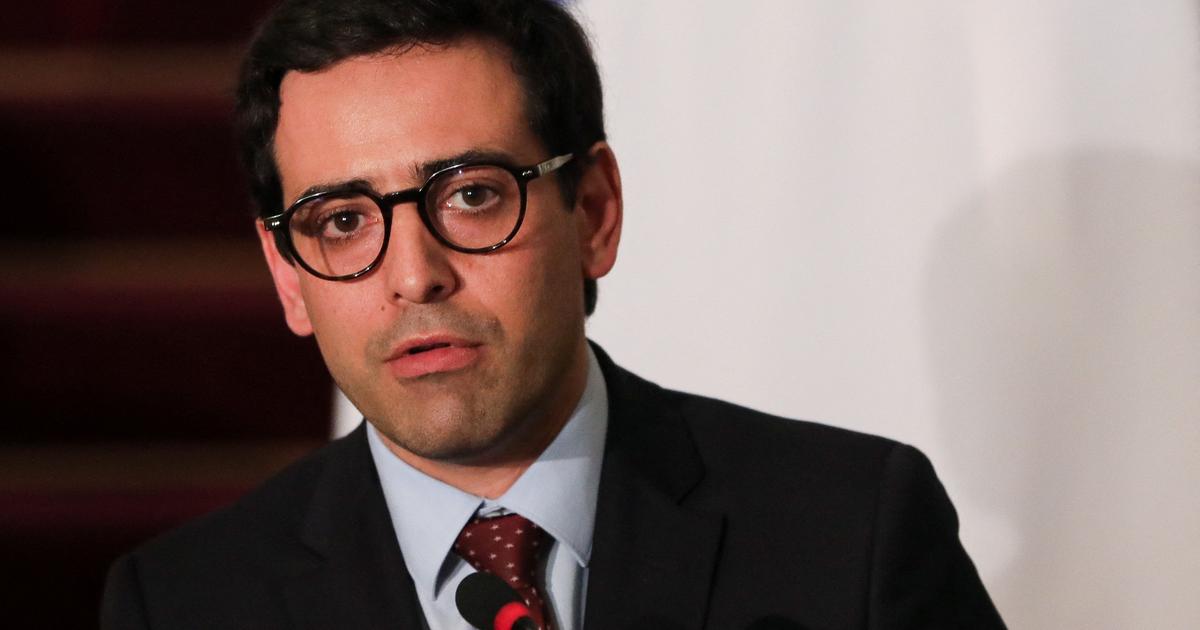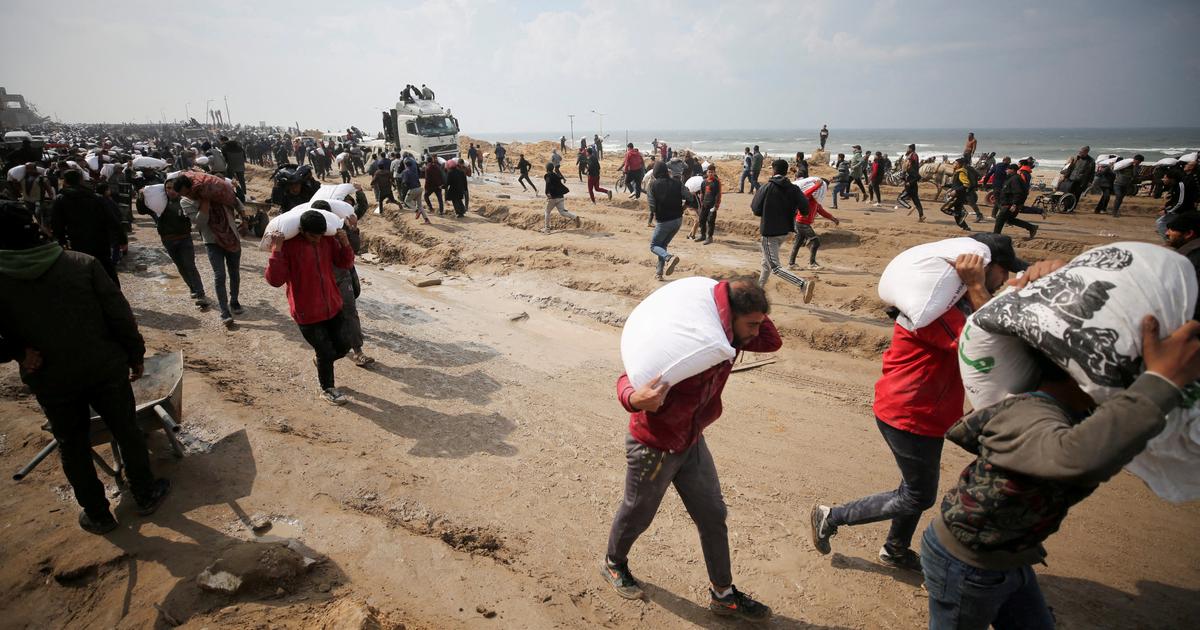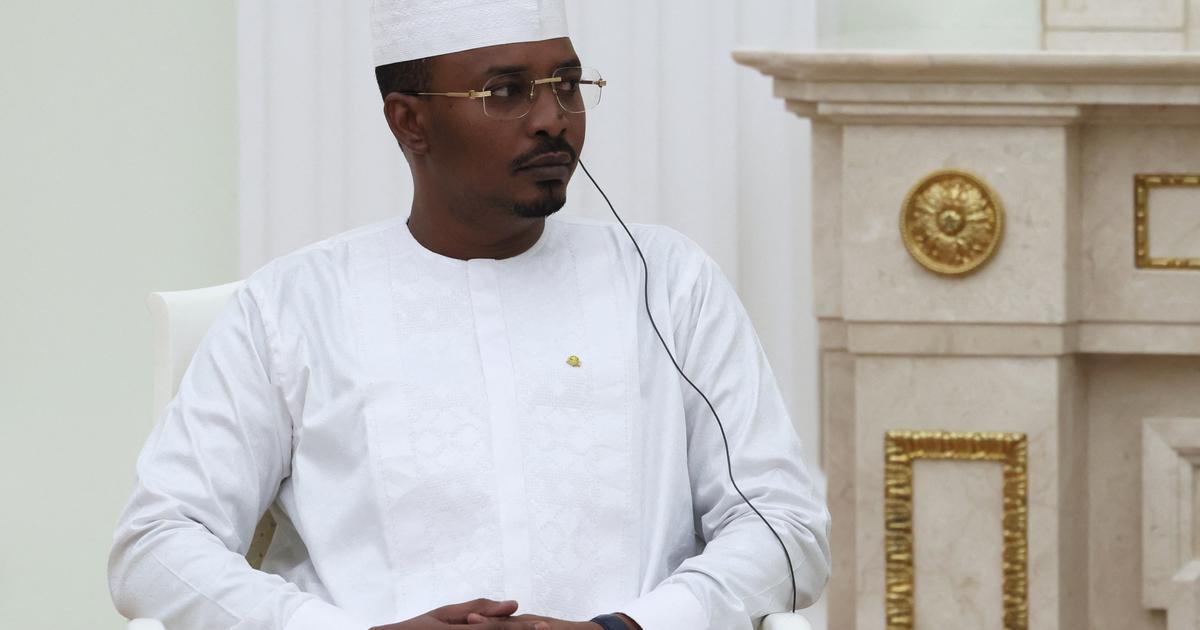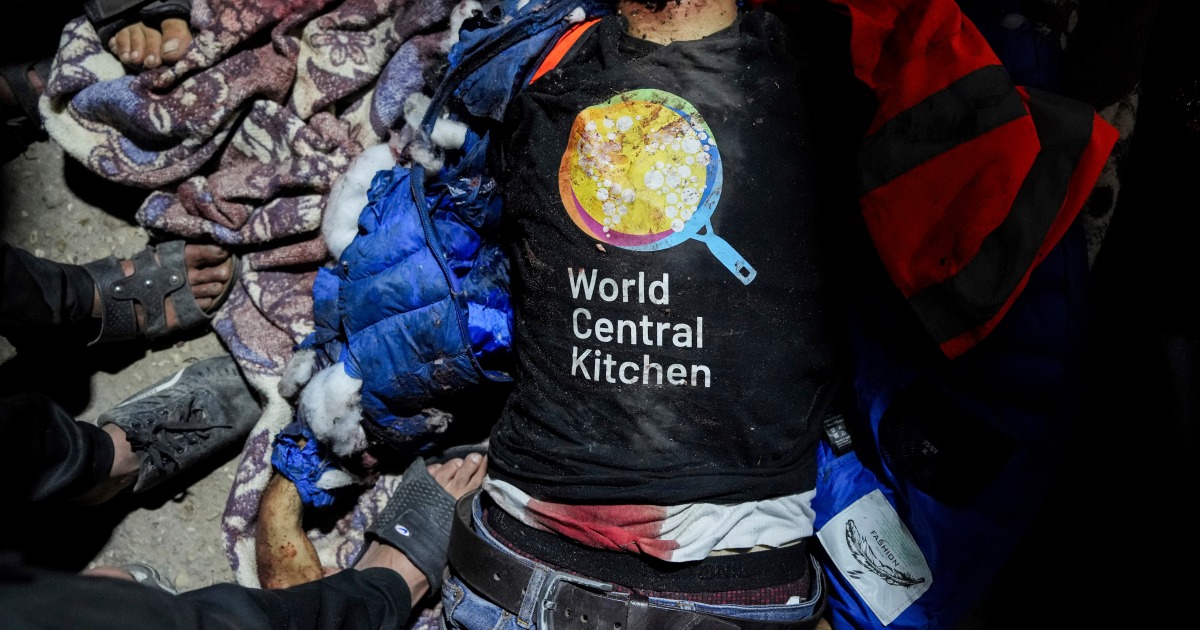For François Hollande, the order to launch a military operation in Mali on January 11, 2013, which gave rise to the presence of the French Army in the Sahel under Operation Barkhane until today, was "the most beautiful day" of his political career . For his successor on the Elysee, Emmanuel Macron, on Sunday August 9, when six young French aid workers, four women and two men between the ages of 25 and 30, were killed by suspected jihadists in neighboring Niger, it was one of the most grim of his mandate and a reminder of the difficulty of combating Islamic extremism.
Although the attack, which also killed two Nigerians who accompanied the aid workers, has not been claimed by any extremist group to date, the French Government has no doubt that it is an attack that aimed to kill citizens Westerners, probably French. Prime Minister Jean Castex has even compared it to the bombing at the Bataclan concert hall in Paris on November 13, 2015, the night that 137 people were killed in a series of terrorist attacks in the French capital.
Seven and a half years after the military landing in the Sahel to combat Islamist extremism in its origins and on the eve of the start of the trial, on September 2, for another of the attacks that shook France, that of Charlie Hebdo in January of that Fateful 2015, the brutal death of the workers of the French NGO Acted highlights once again the complexity of the fight against terrorism on their own and others' lands. Despite this, France shows no signs of wanting to abandon a military operation that has already cost the lives of more than 40 of its soldiers, the last one on July 23.
"We will not give an inch to criminal fanaticism and the enemies of the freedom to act, think and compromise," Castex stressed on Friday during a tribute to the deceased in Niger, in which he also pledged to strengthen the protection of women. humanitarian organizations so that they can “continue doing their work on the ground”. To leave the area now would be "to give in to the murderers who want to expel us," he affirmed, and "to leave in the hands of the murderers and their ideology of death the populations that they will rule through hunger, fear and despair," he said. .
The forcefulness of the government's statements, however, cannot hide the many doubts that this new attack has caused, which seems to point to a change in strategy: until now, it was considered that the greatest risk that Westerners ran in the area was possibility of being kidnapped by jihadist groups that are partly financed with ransom money.
In the attack in Niger, however, the objective was never kidnapping, but rather the immediate death of the victims. According to General Dominique Trinquand, former head of the French military mission at the UN, the fact that there is now a greater uniformed presence in the area - in February, France increased Operation Barkhane from 4,500 to 5,100 troops - makes it more difficult for extremists flee with hostages and even hold them for months or years until their release is negotiated.
“They know very well that they have little chance. So they execute them immediately, ”Trinquand told the agency France Presse. An action that, in addition, can be advantageous in their eyes, she added: “It has a huge media coverage. Everyone talks about nothing more than that, and wonders, what does Barkhane do? What is the G5 Sahel (Mali, Niger, Chad, Mauritania and Burkina Faso) doing? ”.
At the moment, it does not seem that the international military operation led by France - and in which Spain is also participating - is sharply questioned. In the week that has passed since the brutal attack, there has been no visible change in public opinion and no stands calling for people to leave the area. Just a year ago, the Defense Ministry published a poll according to which 64% of the French support Operation Barkhane. And in December, after a helicopter crash in Mali that killed 13 Gallic soldiers, another poll showed that six out of ten French people continue to support military intervention in the region.
However, many experts are also concerned about the deterioration of the situation in the Sahel. According to a study by the Center for Strategic Studies in Africa, "in the past five years, the Sahel has seen violence rise faster than any other region in Africa." Violent incidents linked to armed terrorist groups “have doubled every year since 2015”, a situation that has caused the flight of almost a million people. It is precisely in these towns that a good part of the work of the NGO for which the assassinated aid workers worked is centered.
A murder investigated as a terrorist act
Will the identity of the murderers of the six French aid workers and two Nigerian citizens murdered in Niger ever be known? Nobody dares to affirm it. The antiterrorist prosecutor's office has opened an investigation for terrorist murders and terrorist association. According to a source from the Prosecutor's Office last week, it is suspected that the attack was premeditated and that its authors intended to attack Westerners. Eleven French specialized investigators are already on the ground looking for clues. These, for now, seem to be in short supply.

/cloudfront-eu-central-1.images.arcpublishing.com/prisa/AW373QRC3JE3ZJNC6HSQ2SXC2U.jpg)
/cloudfront-eu-central-1.images.arcpublishing.com/prisa/KEJKPQHVMJAPJONPEDK42JL56U.jpg)






